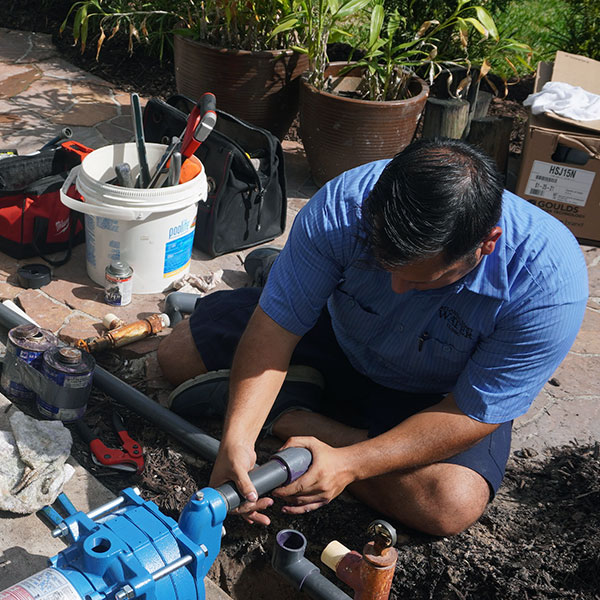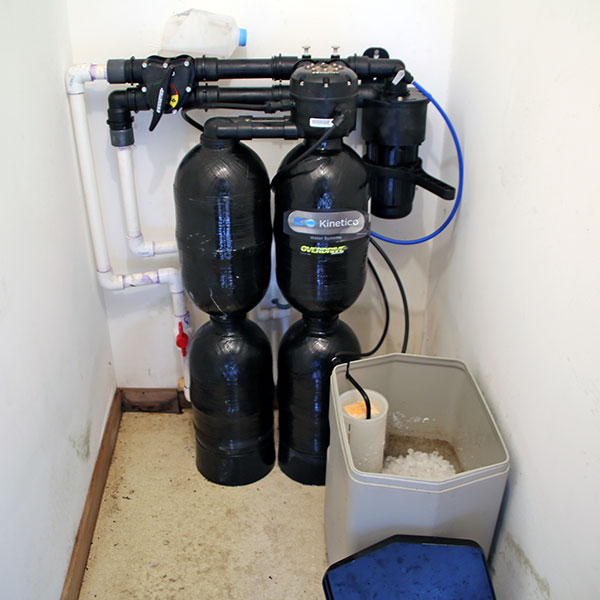Guide to Drinking Water Treatment
When a homeowner suspects something is wrong with the water coming out of the tap, who would he call? Perhaps call a neighbor to see if their water has the same funny smell. Look online and see what Google says. Call the administration hub of your city and ask them what to do. All of these are logical approaches to the same problem. What is wrong with my water, and what can I do to fix it?
If this is a sudden occurrence, call your local water provider. If this is an ongoing problem, then it is time to think about water treatment options. If you depend on a well for your water and this issue occurs, there is a valid reason to be a concern.
 Wells are a wonderful thing. There is no water bill to cause worry. It seems like a winning situation. It is until your well water becomes contaminated. How could it happen, you ask? Several scenarios can be possible when you have a well. The well is in the ground, exposed to the surrounding element. The soil absorbs anything to put on it. For instance, fertilizers, farm animal run-off, and pesticides are all possibilities. Is that what you want your family to be drinking and cooking with?
Wells are a wonderful thing. There is no water bill to cause worry. It seems like a winning situation. It is until your well water becomes contaminated. How could it happen, you ask? Several scenarios can be possible when you have a well. The well is in the ground, exposed to the surrounding element. The soil absorbs anything to put on it. For instance, fertilizers, farm animal run-off, and pesticides are all possibilities. Is that what you want your family to be drinking and cooking with?
Water treatment is the only option when the contents of the water are beyond your control.
Below are some water treatment options.
Filtration would be one option. Filtration isn’t a matter of running the water through a sieve; it is more complex than that. A bare-bones explanation would be a physical process of pushing water through an absorbent material.
There are different degrees of filtration depending on what is in the water being filtered. Microfiltration is a term used to define the size of the pores (holes) in the material used to filter. Microfiltration, Ultrafiltration, and Nanofiltration are filter terms that will be heard often when discussing filtering water.
Reverse Osmosis
Reverse osmosis or RO is another physical process used to filter water. The water will pass through a membrane, and impurities will be filtered out. This is a popular option because it takes little effort to maintain the equipment.
 Water softeners
Water softeners
Water softeners use an exchange technology to reduce the hardness of the water. There are physical elements in water that are undesirable to many homeowners. The exchange technology softens the water, meaning complex elements are filtered out.
At this point, many homes and businesses throw up their hands and say English, please. Atlantic Coast Water Clinic is in your corner, ready to help. We have been in the water purification industry for over two decades. We help you understand your water purification options available to them. We explain the big terms mean in relation to your water purification options in a clear manner.
We opened our doors 25 years ago, intending to make every customer a satisfied and returning customer. Since then, many of our clients have depended on us for all their water purification requirements.
Call us and be on your way to healthier and better-tasting water.


 772-283-4767
772-283-4767